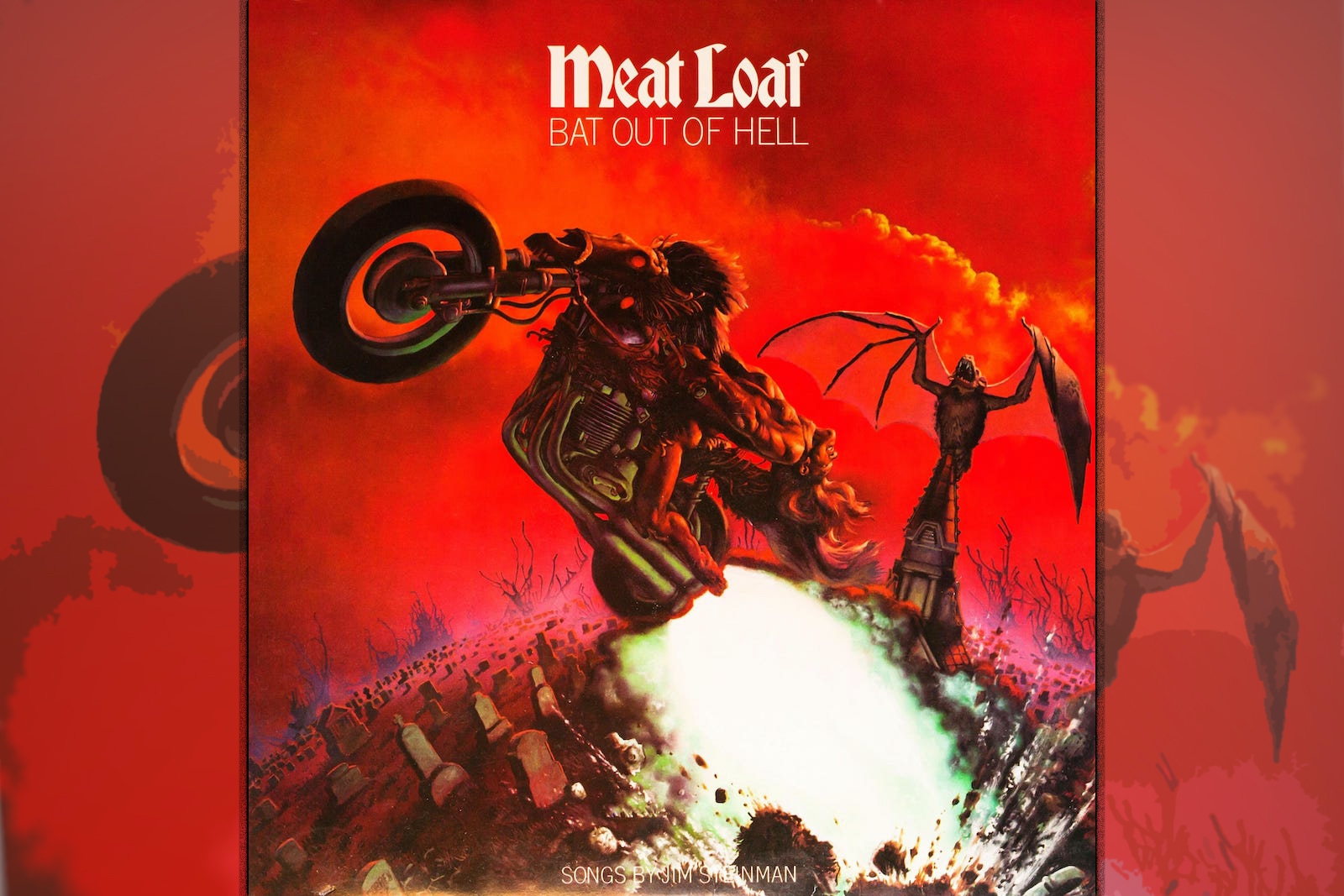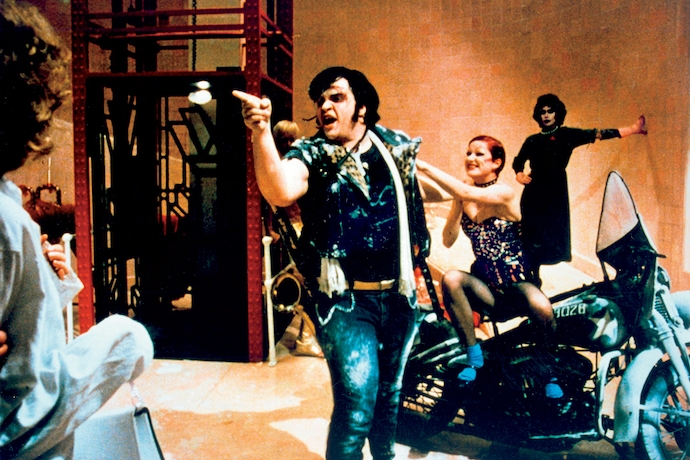
An Appreciation of a Modern-day Troubadour
Voice? Check. Lyrics? Check. Looks? Ahhhhh. Well, as Michael Lee Aday, who died on Jan 20th at 74, liked to say “Two Out Of Three Ain’t Bad”.
The stage name? Meat Loaf. How’s this for a pitch in 1977 to record companies for the breakthrough hit, “Bat Out Of Hell”? It’s a song about a guy on a motorbike crashing, dying, with his heart leaving his body like a bat. That song will give the album its title, then we’ll have a song about a guy rejecting his girl by telling her “there ain’t no way I’m ever going to love you” and another about a man who wants to end the relationship and is praying for the end of time so I can end my time with you.
What record producer in their right mind would consider such an outlandish proposal? Remember, this was the late seventies. The Carter presidency. Music was polarized. In the blue corner, disco. In the red, punk. Bruce Springsteen and Queen were fighting the good fight, but the dross seemed overwhelming. Rudely flapping its wings along comes the Bat Out of Hell album with its Wagnerian overtones and sense of Götterdämmerung and an overweight singer named after a dish not known for its gastronomic appeal. T-bone steak, roast lamb, leg of pork, roast potatoes maybe, but Meat Loaf?
After a slow burn, something happened, word of mouth and radio play resurrected it, and soon, say 1978, no high school or college dance was complete without a track or two, especially “Two Out of Three Ain’t Bad”. This was before MTV. It appealed to young and not-so-young romantics with global sales in excess of 40 million.
But Meat Loaf was never about commercial success. At first, he worked in harmony with songwriter Jim Steinman who died last year at the age of 73 before he fell out of harmony and then reunited. Meat Loaf and Steinman gave angst-ridden teens, and I was a card-carrying member of the group, a tutorial in Wagnerian emotion and intensity.

Music as theater with more than a hint of opera. Melodramatic? Yes, but never schmaltzy. Meat Loaf was aiming not for intelligence but for the heart, for an adrenaline rush. We were teens or in our early 20s. “All Revved Up With No Place To Go”. Every Saturday night we felt the fever grow. This was soul music but not spiritual and not as we knew it. The frustration, the angst, the pent-up energy.
Sure, at times it verged on the ridiculous. “I’m Gonna Love Her for Both of Us” is utter nonsense. And there is nothing uplifting about “Not A Dry Eye In The House”.
I don’t keep pictures from films around home. But I have this one in my office in a frame bc it makes me smile every time. It’s engraved ‘Love and Hugs, Meat’ it sums him up well. He was so funny. And gentle. And warm to everyone. A sweet soul. RIP Meat Loaf pic.twitter.com/aMrIgXByEc
— Edward Norton (@EdwardNorton) January 21, 2022
But when on song, Meat Loaf made music fun. Especially with his use of melodrama. “Rock And Roll Dreams Come Through” or “Life Is A Lemon And I Want My Money Back”. Go on, listen to them and stop your feet from moving.
Bombastic, certainly but never bullying or threatening. Sad, melancholy at times, especially when he was “Left in the Dark”.
Never morbid either. Not all the albums worked but when they did, when it all came together, you could imagine angels singing along.
The music wasn’t just for teens, he could pack venues with all ages.
Meat Loaf was not for the faint-hearted, after all, faint heart never won fair maiden. With his music young men became knights of the night.
I first heard him when I was a teenager. Now I am past 60. I have never revved a motorbike’s engine. But he made me feel as if I could.
His voice was the soundtrack to my life. Memories? “It’s All Coming Back to Me Now”.

